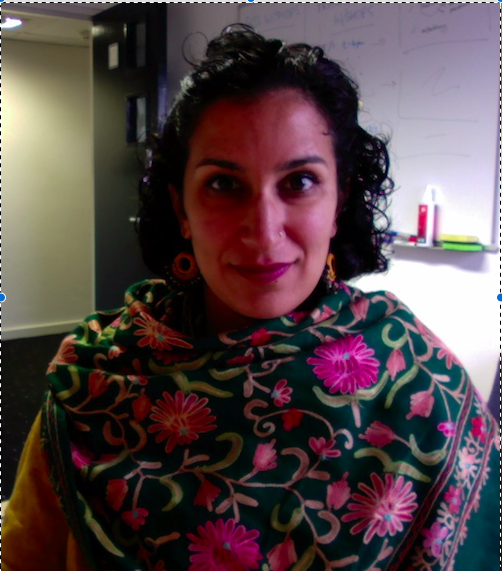Sexual violence and the boundaries of the nation: formulating anti-racist feminist responses to violence against women within ethnic minority communities
Speaker(s):
Series:
Associated with:
Notes & Changes
Please note that this event will be recorded, if you do not wish to be part of the recording, please feel free to turn your cameras off once the talk begins. The talk will be made available on the Criminology website and YouTube channel at a later date.
On 12 February 2021 Mohammed Skaf – made infamous in Australia for his involvement in a series of horrific and widely reported gang rapes in the early 2000s – was once again denied parole. Against the well-documented prevalence of rape myths and rape culture, the ‘Sydney gang rapes’ stood out for the debate they generated in Australia regarding the unacceptability of sexual violence. Alongside extensive public and political debate, the Skaf brothers’ trials precipitated procedural and substantive law reform and the two brothers were given the harshest sentences ever handed down for a crime other than murder.
Australia was not the only country to discover a newfound ‘feminist’ sensibility in the face of sexual violence. Also in the early 2000s an extensive public debate began in France regarding a phenomenon of gang rape that was apparently prevalent in the banlieues – the underprivileged suburbs on the outskirts of major cities. In both contexts debates about the causes and appropriate responses to rape became enmeshed in parallel debates about immigration and multiculturalism. The figure of the ‘Muslim gang rapist’ came to hold a significance beyond the particular crimes. In both State and civil society responses there emerged disturbing polarisations between those who, speaking in the name of ‘women’s rights’, advocated for harsher criminal justice responses and tighter immigration controls and those who decried the apparent Islamaphobia and racism but often at the cost of apparently ignoring or downplaying the sexist violence.
In this presentation I will outline some of the key arguments made in my book, Racialised Gang Rape and the Reinforcement of Dominant Order: Discourses of Gender, Race and Nation. While the case studies the book drew on date back to the early 2000s, I argue that the questions remain depressingly salient. We need only think of the public discourses around the Rochdale and Rotherham grooming scandals in the UK in the 2010s and the reporting of sexual harassment and assaults allegedly committed by migrant men in Cologne in 2015-2016 in the midst of debates about refugees in Germany. Why, I ask, has it proven so difficult to formulate a simultaneously anti-racist and feminist response to this type of violence? And what might be some ways forward?
Please only use a university or organisational address for registration.
Registrations will close at 12 midday on Wednesday 28th April. The link will be sent to you later that afternoon.



 Add to calendar
Add to calendar


